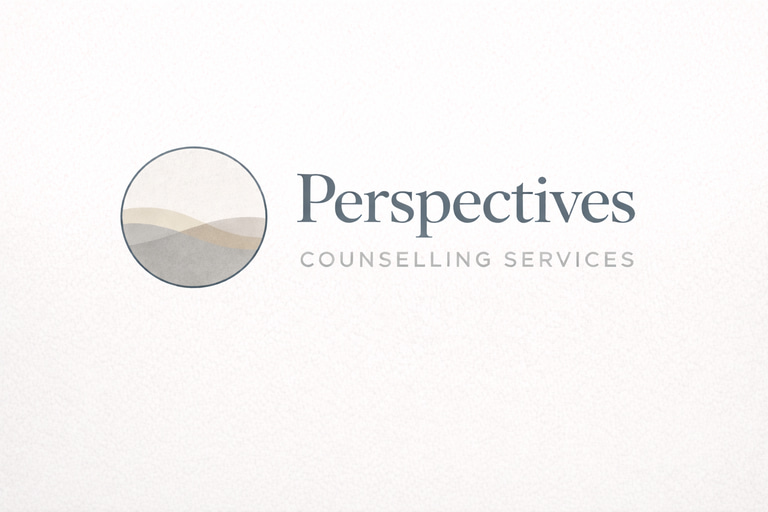The Links Between Self-Blame, Strong Emotions, and Defences
Liessa Callaghan
6/3/20252 min read


You might find yourself feeling overwhelmed by your emotions and then judging yourself for it. Perhaps you tell yourself that you’re “bad at coping,” “too sensitive,” or that you should be able to manage things better by now. Many people carry a quiet sense of shame, guilt, or frustration about the intensity of their feelings, especially when those feelings seem to appear unexpectedly or feel out of proportion to the situation.
If this sounds familiar, you’re not alone. In therapy, people often speak about blaming themselves for feeling unsafe, anxious, angry, or emotionally flooded, without fully understanding why those reactions are there in the first place.
Psychodynamic counselling offers a space to slow this down and gently explore your emotional responses at a pace that feels safe and manageable. Over time, many people begin to discover something surprising: their emotions are not signs of weakness or failure, but deeply understandable responses shaped by earlier experiences.
As children, we all adapt to the environments we grow up in. When situations feel confusing, overwhelming, or emotionally unsafe, children don’t have the option to step away, instead, they adapt internally. These adaptations are ways of protecting ourselves emotionally and psychologically so that we can survive and continue relating to the world around us.
In psychodynamic therapy, these protective adaptations are called defences. Defences are automatic and unconscious processes that help us manage emotional pain or threat. They are not flaws or shortcomings; they are creative survival strategies that once made a great deal of sense.
Difficulties can arise when these defences become fixed, when they continue to operate long after the original threat has passed. As adults, this can show up as strong emotional reactions, persistent self-criticism, anxiety, low mood, or a sense of being “stuck,” without a clear understanding of why. You may feel that something isn’t quite right yet struggle to find a way to change it.
In therapy, we work together to understand where these patterns began and how they once helped you cope. There is often relief in recognising that what you may experience as “overreactions” are actually protective responses rooted in earlier relationships and experiences. As these patterns are explored and understood, they can begin to soften, allowing for more flexible and conscious ways of responding in the present.
This process can feel empowering. Self-blame may lessen, emotional regulation can improve, and relationships often begin to feel more manageable and authentic. What once felt fixed or inevitable can start to feel open to change.
If you recognise yourself in this description, psychodynamic counselling may offer a meaningful way forward. With the right support, old patterns don’t have to define your future. New possibilities can emerge.
Get in touch
Location:
Epsom, Banstead, Online UK wide
Contact:
Liessa Callaghan
07533 698084
perspectivescounsellingservice@gmail.com
